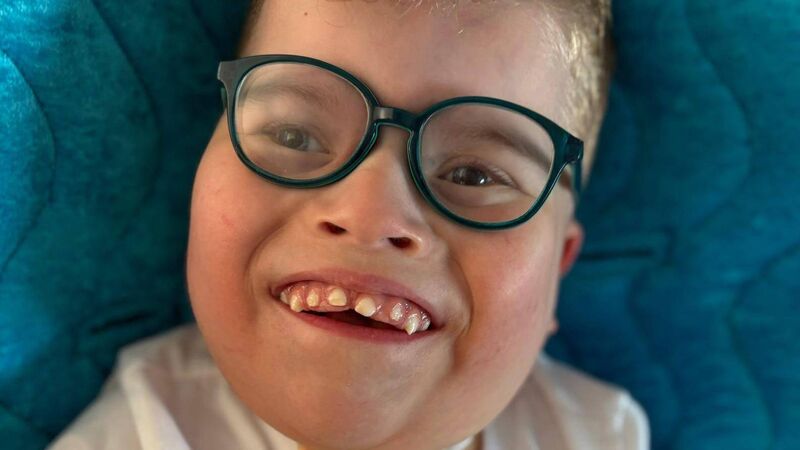Settlement of Tipperary boy's case against hospitals 'the end of a very long and painful journey'

Graysen Reid, aged five, has cerebral palsy, is non-verbal, has neurodevelopmental delay, visual impairment and has to use a wheelchair.
“Today marks the end of a very long and painful journey for our family.” These were the words of Rachel Reid at the Four Courts as her five-year old son Graysen from Clonmel, Co Tipperary, who it was claimed suffered an acquired brain injury after his birth, settled his action with a €5m interim payout.
Graysen, the High Court heard, has cerebral palsy, is non-verbal, has neurodevelopmental delay, visual impairment and has to use a wheelchair.











